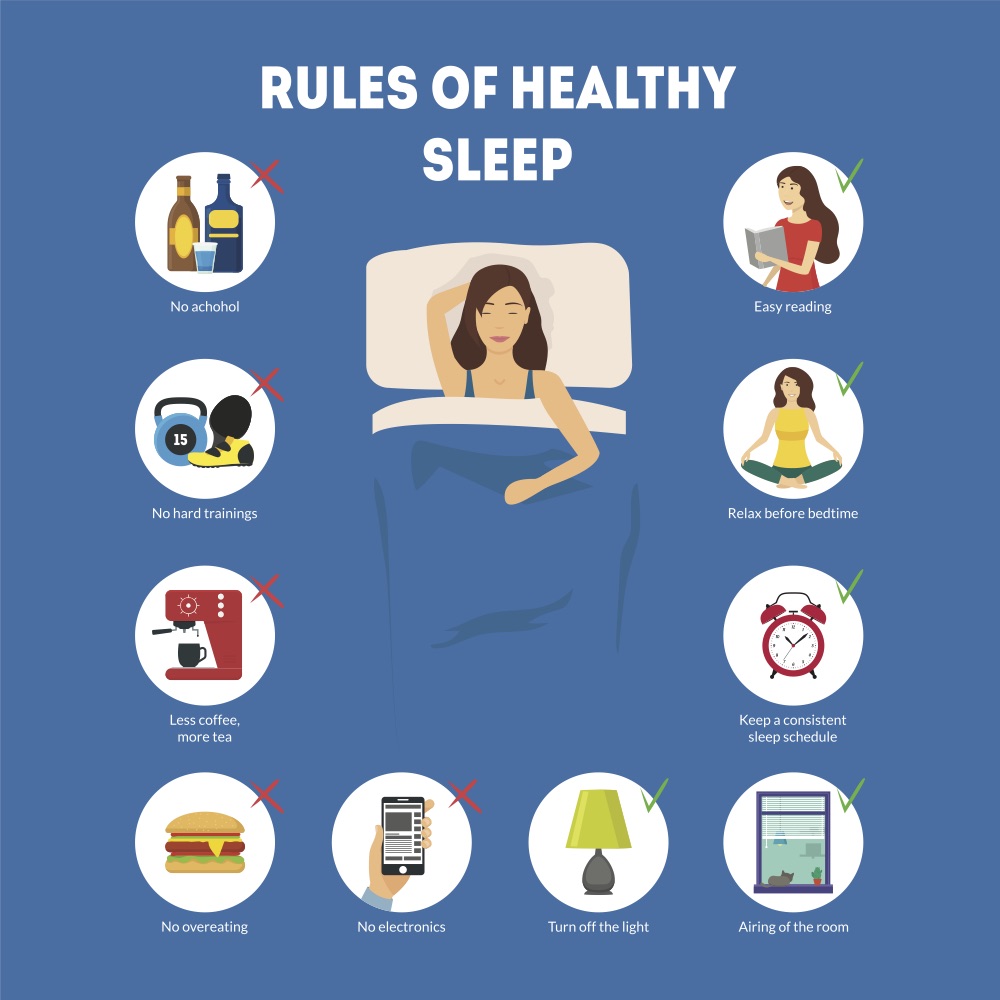Every woman experiences menopause, but not every woman will have the same symptoms or respond to the same treatments. Menopause can be utterly incapacitating, whether you have hot flashes, mood swings, or insomnia.
But here's the thing—you don't have to put up with it while maintaining a false sense of security. There are things you may do that might help you feel a lot better, from using prescription medications to modifying your diet.
Here are some of the top alternative therapies and treatments for menopause. As usual, consult your doctor to ensure you are making the appropriate choice.
Look into hormone replacement therapy.
Hormone replacement treatment is a popular option for many women when it comes to treating menopause symptoms including hot flashes, anxiety, and irritability. These drugs restore estrogen and progesterone levels, which fall precipitously after menopause and make you feel better.
According to Dr. Arianna Sholes-Douglas, author of The Menopause Myth, "They can feel like a miracle." "I've seen patients who are so upset about their symptoms come in, and after a little while on hormone replacement, they feel like they have their sanity back," the doctor once said. Nevertheless, there may be certain hazards with hormone replacement treatment (such as blood clots and heart problems), which is why doctors frequently start patients with gentler alternatives.
Prioritize healthy eating and sleep.
Certain foods might aggravate the symptoms of menopause by causing inflammation. According to one study, eating an excessive amount of refined carbs can make postmenopausal women more depressed. Dr. Sholes-Douglas advises adopting a food elimination diet to identify your triggers. On this diet, you cut out common inflammatory foods and food groups including gluten, dairy, sugar, alcohol, and soy before gradually reintroducing them to evaluate how each one affects your symptoms.
Another smart move is to alter your night routine if you find it difficult to get to sleep and stay asleep now that you're in the menopause. According to the U.S. Department of Health and Human Services (HSS), avoid looking at screens (phone, TV, or other) too close to bedtime, aim to go to bed at the same time every night, and make your bedroom dark and comfortable.
Join a gym.
Regularly going to the gym will not only make your hot flashes better but also help you sleep better. According to one study, women who exercised experienced less hot flashes on average. This is probably because exercise improves how well your body regulates temperature. Exercise has the added benefit of lowering stress levels, which, according to Dr. Sholes-Douglas, is another strategy for reducing chronic inflammation.
Keep your cool.
You should be ready because hot flashes can occur at any time or place. It can be quite helpful to keep an ice-filled water bottle on hand to drink as soon as you start to experience a heat flash. The HSS also advises wearing layers so you can always take something off and placing fans near your desk and bed.
Take advantage of over-the-counter options.
Over-the-counter pain relievers are a godsend for headaches and other aches and pains. The HSS advises using a water-based lubricant before or during sex to make it more comfortable if you have vaginal dryness to use an over-the-counter vaginal moisturizer every few days.
See a therapist.
It can be a good idea to talk to a mental health expert when you experience any big transition, and going through menopause is no different. One Canadian study found that cognitive behavioral therapy can help with multiple menopause symptoms, including depression, trouble sleeping, and sexual concerns. The most pro missing part? The researchers found that these improvements were in effect three months after the treatment.Give acupuncture a try.
Those little needles are actually pretty powerful. Research shows that after just three acupuncture sessions, women had fewer or milder symptoms like hot flashes and night sweats, as well as improved quality of life (think better sleep and less anxiety).



/GettyImages-152402249-567312d83df78ccc15fedc71.jpg)

